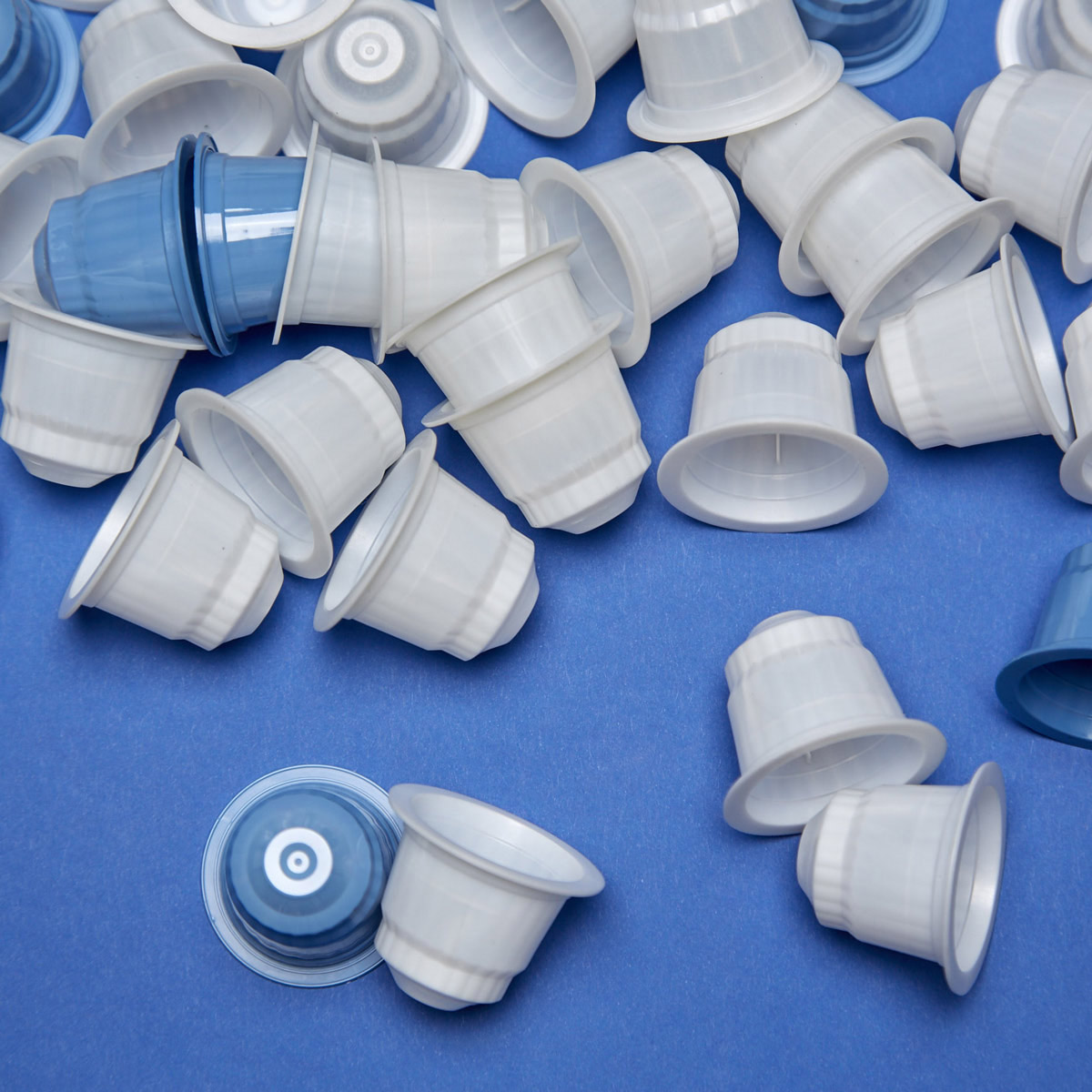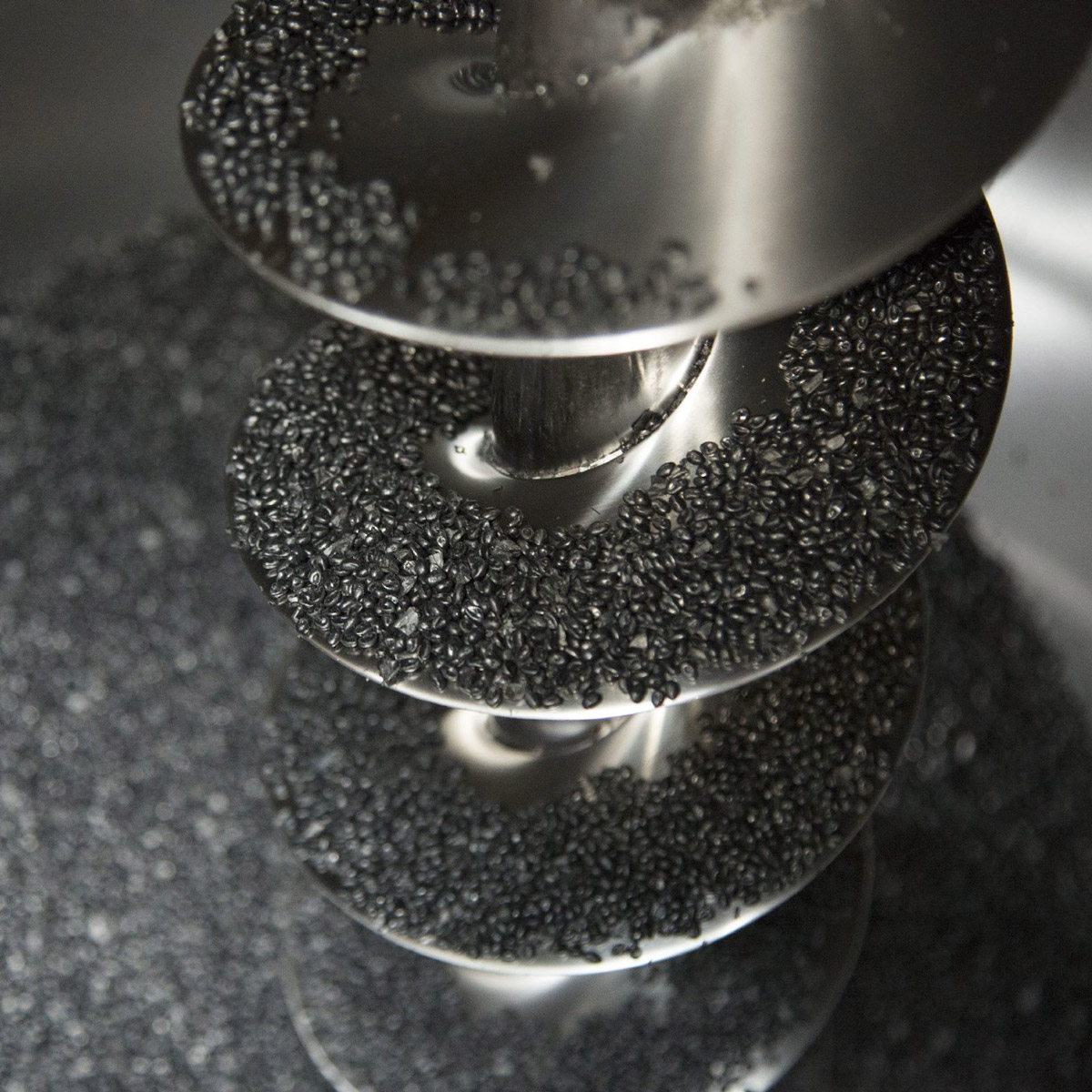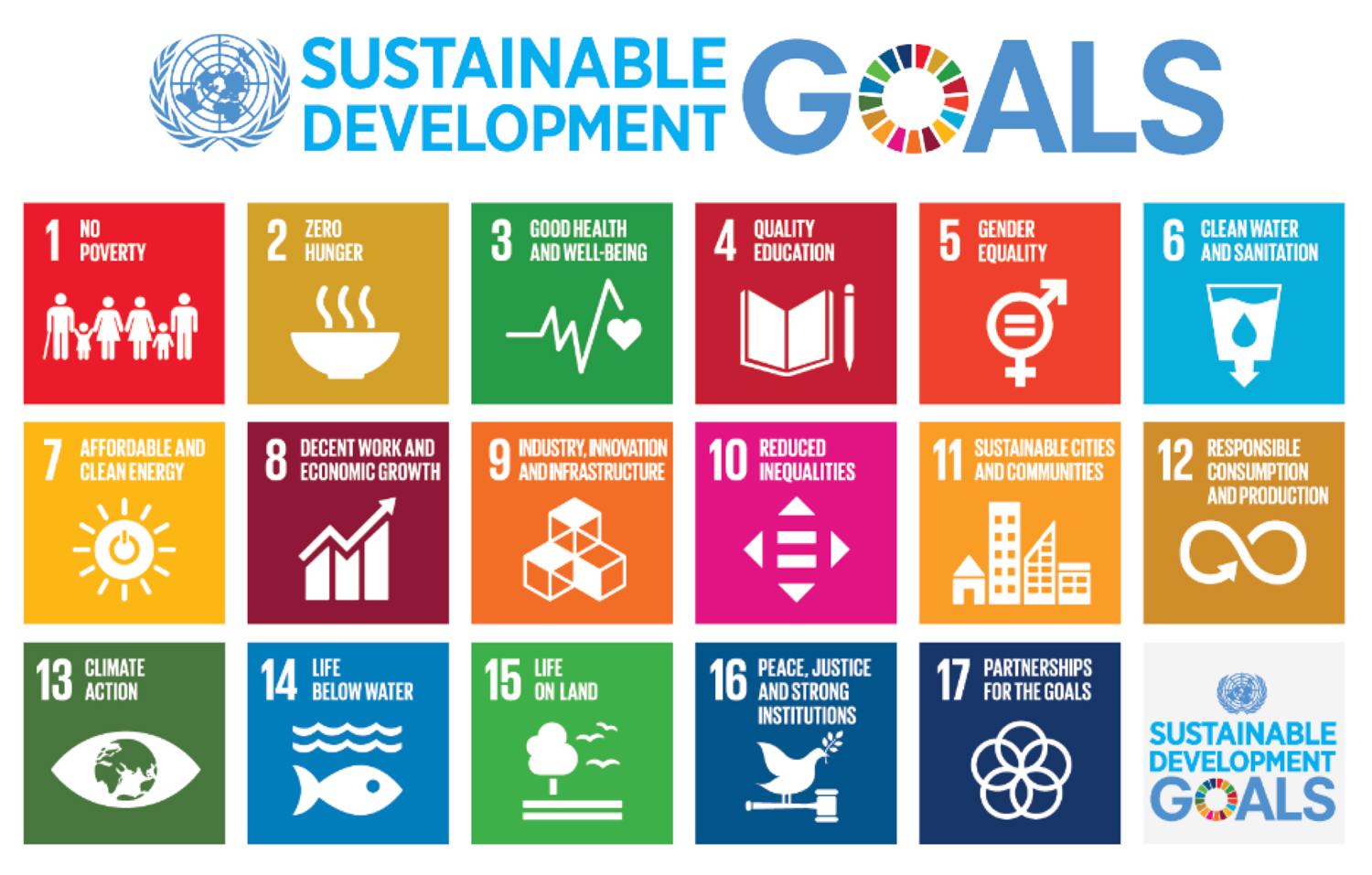

In recent years we have been inspired by the Sustainable Development Goals of the UN 2030 Agenda to orient our business model towards reducing the Carbon Footprint of our Customers’ products and the environmental impact of our internal processes.

Specifically, this element refers to Sustainable Development Goal No. 13 CLIMATE ACTION – Take urgent action to combat climate change and its impacts.
Thermoplastic materials contribute to SUSTAINABILITY and CIRCULAR ECONOMY through the reduction of CO2 emissions thanks to 2 main elements:
In particular, Polymers contributing to Carbon Footprint reduction are:
HIGH PERFORMANCE POLYMERS and TECHNOPOLYMERS: they determine a relevant structural lightweighting in the replacement of metals.
EXPANDED POLYMERS: allow a significant weight reduction in replacing standard polymers, and also allow thermal insulation.
RECYCLED POLYMERS: compounds with variable percentages of recycled material from both post-industrial and post-consumer sources are available. It is important to underline that the content of a medium-low percentage of recycled material does not substantially affect performance.
BIOPOLYMERS: particularly useful for disposable products or products with a short life cycle.
ECO-DESIGN is now recognized as the fundamental tool for the new products development and their life cycle design aiming to reduce the overall environmental impact.
Nothing must be left to chance: engineering, selection of raw materials and manufacturing processes, optimization of the production cycle, transport and energy consumption, end-of-life management.
We support our Customers in the engineering of new products with a vision of CIRCULARITY and SUSTAINABILITY which translates into metal replacement projects or traditional materials replacement with ADVANCED and INNOVATIVE POLYMERS.
With Eco-Design we focus on structural lightweighting, thermal insulation, geometric optimization, reduction in the number of components and processing phases, recycling. We also have external collaborations to offer the LCA service to evaluate the product carbon footprint and the life cycle circularity.




Ghepi is certified:

Ghepi is certified:
